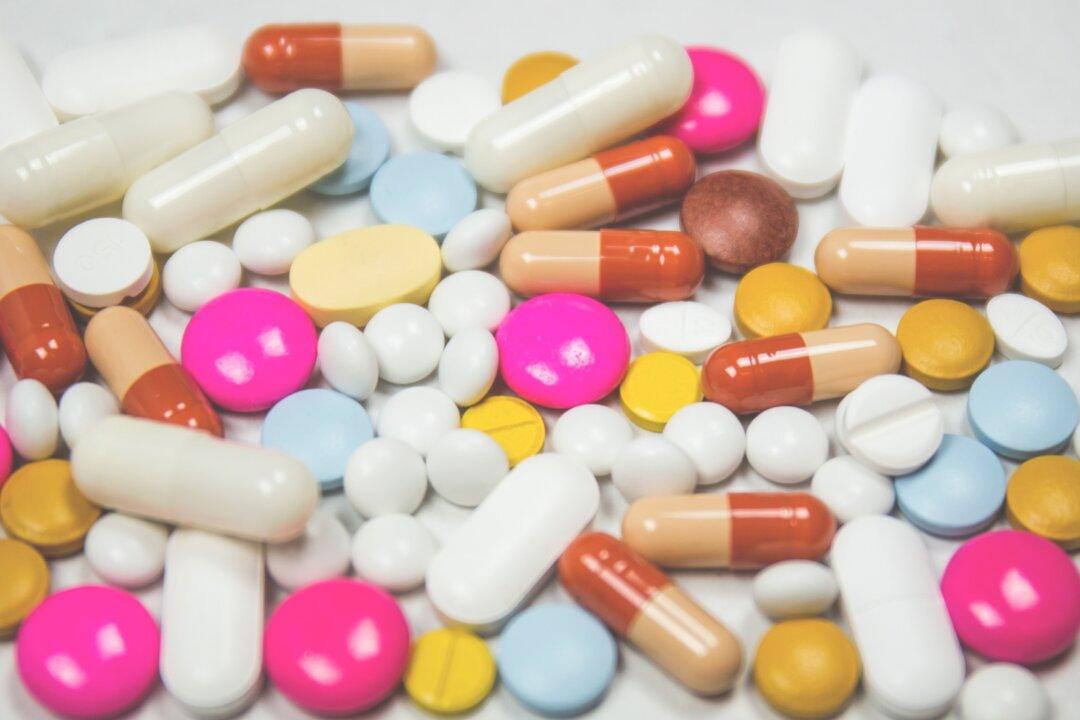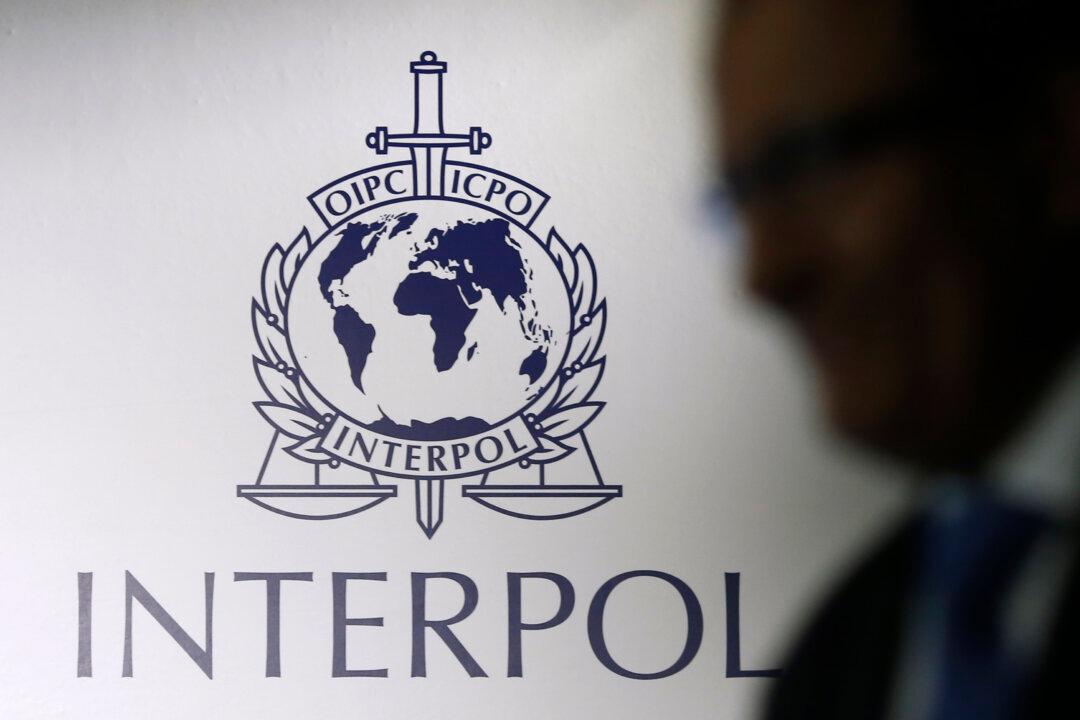A 1-year-old baby girl went into convulsions after swallowing 15-20 sleeping pills and is currently on life-support at Mt. Sinai Hospital in New York City.
On April 15, the girl’s 36-year-old mother was reading a book when she noticed her daughter eating the pills, reported the New York Post. Shortly after, the baby went into convulsions and 911 was called.





